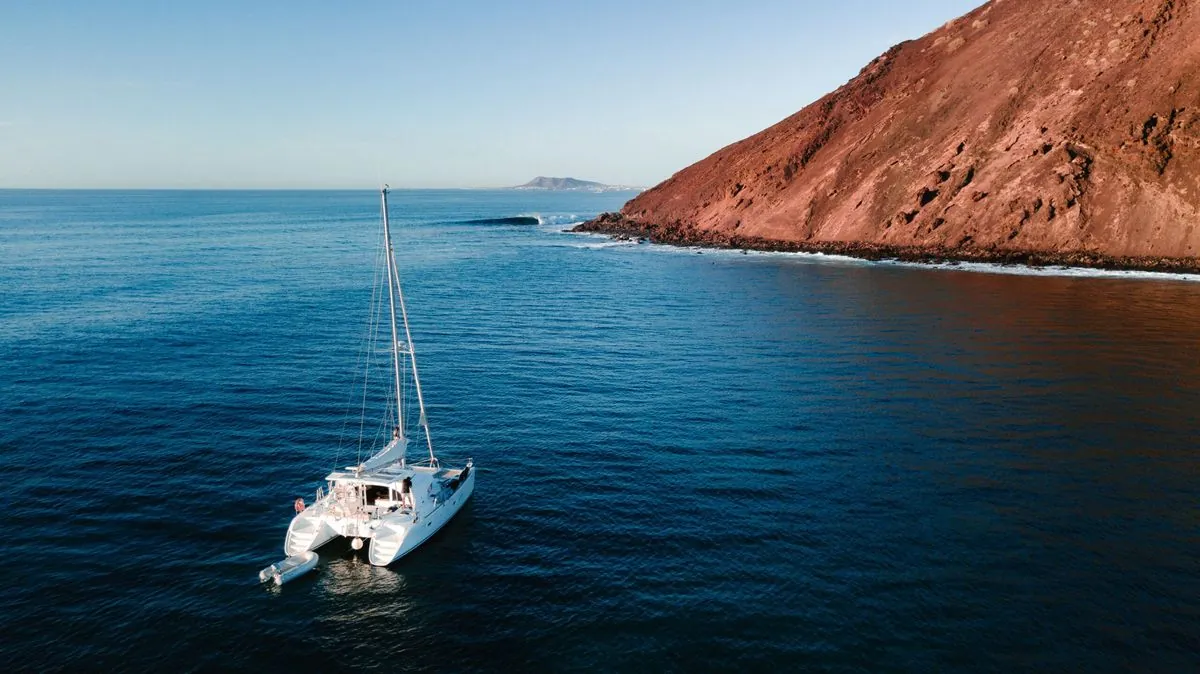Rare Shark Attack Claims German Woman's Life Near Canary Islands
A 30-year-old German woman died after a shark attack while swimming near her catamaran between the Canary Islands and West Africa. The incident highlights the rarity of such occurrences in the region.

In a rare and unfortunate incident, a German woman lost her life following a shark attack in waters between the Canary Islands and West Africa. The event, which occurred on September 18, 2024, has drawn attention to the infrequency of such occurrences in the region.
The 30-year-old victim was swimming near her catamaran when the attack took place. Catamarans, known for their stability and speed, are popular among sailing enthusiasts in the area. The vessel had departed from Gran Canaria, the third-largest and second-most populous island in the Canary archipelago, on September 14, 2024.

According to authorities, the shark inflicted a severe injury to the woman's leg. Despite prompt response from the Spanish coastguard, who evacuated her by helicopter, the victim succumbed to her wounds during the flight.
The location of the incident, approximately 514 kilometers (320 miles) south of Gran Canaria, highlights the vast expanse of ocean between the Canary Islands and the African continent. This autonomous community of Spain, situated off the northwest coast of Africa, is renowned for its beaches, warm climate, and maritime activities.
While the Canary Islands' waters are home to various marine species, including several types of sharks, attacks on humans are exceptionally rare. The International Shark Attack File (ISAF), maintained by the Florida Museum of Natural History, provides context for the rarity of such events. In 2023, the ISAF recorded only 14 shark-related fatalities worldwide.
Spain's historical record of shark incidents is particularly low, with only six confirmed cases prior to this recent tragedy. This statistic underscores the unusual nature of the recent attack, considering the country's extensive coastline and popular beach destinations.
It's important to note that most shark species do not pose a threat to humans, and unprovoked attacks are extremely rare. Experts often attribute such incidents to cases of mistaken identity, where sharks may confuse humans with their typical prey.
The Canary Islands, with their strong maritime tradition, continue to be a popular destination for sailing and water sports. As shark conservation efforts increase globally due to declining populations, incidents like this serve as a reminder of the complex relationship between humans and marine ecosystems.
While this tragic event may raise concerns, it's crucial to maintain perspective on the overall safety of maritime activities in the region. The Spanish coastguard (Salvamento Marítimo) remains vigilant in ensuring the safety of both residents and visitors enjoying the waters surrounding the Canary Islands.


































